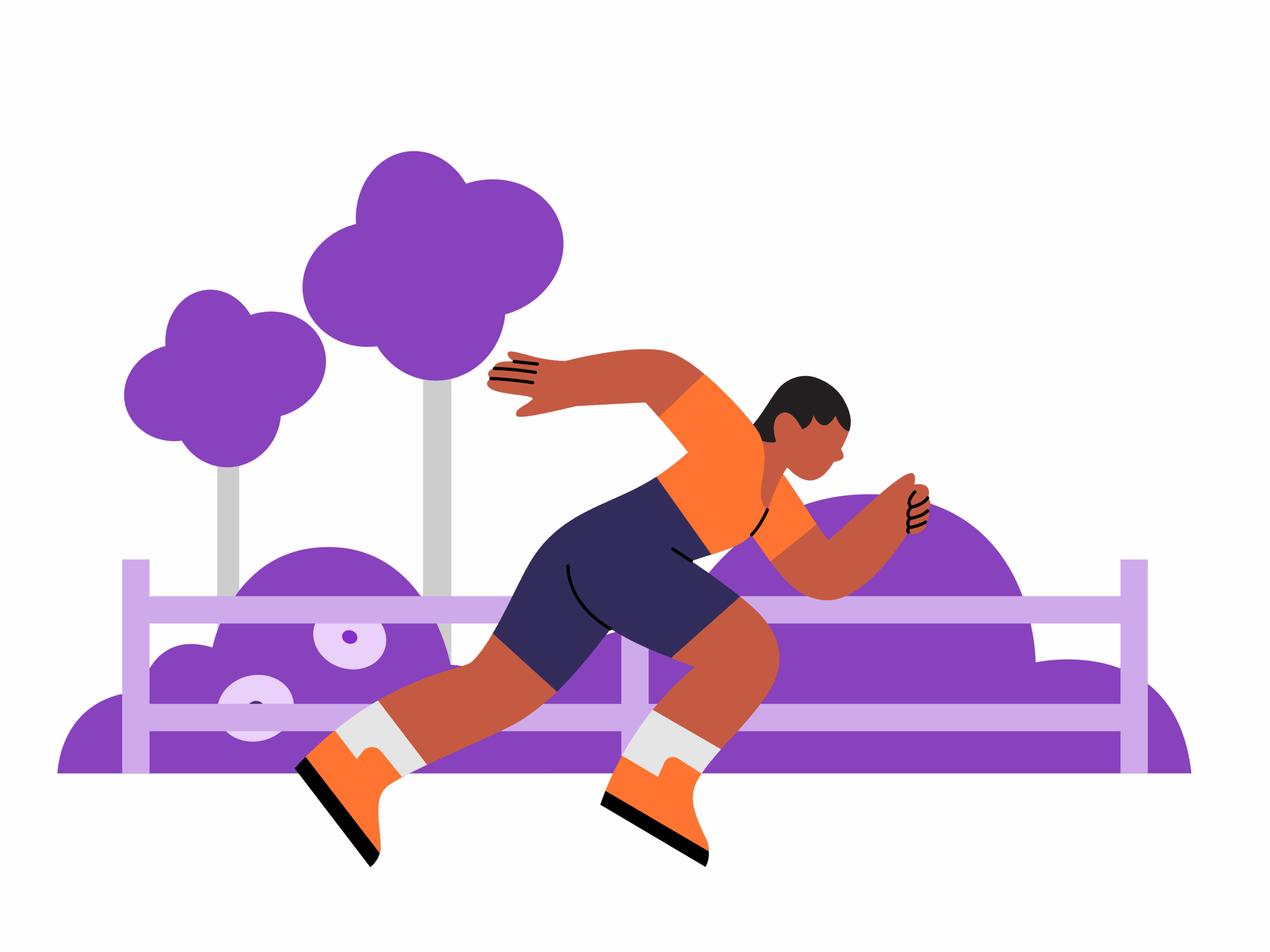Knowledge Base of Eating Disorders
Our knowledge base is a resource dedicated to providing information to individuals and their families about the signs, effects, causes, and treatment options for bulimia nervosa, as well as other eating disorders and co-occurring conditions.
TABLE OF CONTENTS | Bulimia Nervosa | Eating Disorders | Treatment Help | Featured
Bulimia Nervosa Awareness
Bulimia nervosa (BN) is a specific type of eating disorder revolving around cycles of binging and purging. Affecting people of all genders, BN has a prevalence of approximately 0.5-1.5%. The disorder can have grave effects on someone’s health, but thankfully, a majority of people who seek treatment for bulimia nervosa are able to recover.
-
Can Bulimia Kill You?
Of all mental health disorders, eating disorders are often considered the most dangerous and deadly. In fact, they have the second-highest mortality rate of all mental illnesses.1
-
Bulimia & Anemia
The disordered eating and behavioral patterns associated with bulimia nervosa (BN) (e.g., self-induced vomiting) can cause the body to become deficient in a variety of necessary vitamins and minerals. When the condition leads to a low iron count, it can lead to anemia. Bulimia and anemia occur together at a rate of 11%.1 The joint…
-
Bulimia And Laxative Misuse
Many people with bulimia nervosa (BN) or other eating disorders misuse laxatives in the hopes of losing or controlling weight. But this practice is not only ineffective, it can also be dangerous.
-

How Does Bulimia Affect Your Jaw?
“Bulimia jaw” is a term for several symptoms that can result from the purging aspect of bulimia nervosa (BN). It can refer to swelling, intense pain, and a misalignment of the jaw, and it sometimes requires surgery to correct.
-
Risk Factors & Predictors of Anorexia
There are a number of indicators that can put you at risk of developing anorexia nervosa (AN) and other mental health complications. Things like your family history with mental health conditions, your physiology, the way you think about your body, and your cultural upbringing can all be potential anorexia risk factors.
-
The Relationship Between Bulimia, Acid Reflux & GERD
Ongoing research suggests a relationship between bulimia nervosa (BN), a serious eating disorder, and acid reflux.
Research & Data
Explore the many original research and data collection projects we have conducted
Eating Disorders
Eating disorders are one of the most dangerous types of mental health disorder, responsible for an estimated 10,200 deaths every year. There are a number of different types of eating disorders, which all impact people in different ways.
-

Eating Disorders: About Muscle Dysmorphia and Body Image
Trying to achieve or maintain a muscular physique is not a harmful desire, but when muscle development becomes an obsession pursued at all costs, it can seriously affect a person’s day-to-day life.
-
Death From Anorexia: What Happens to the Body?
Anorexia nervosa (AN) is a serious mental health condition that can have devastating consequences if left untreated for too long.
-
Anorexia Symptoms
Anorexia is a serious eating disorder that has physical, mental, and behavioral symptoms. People who have anorexia have an intense fear of gaining weight and severely restrict food and calorie intake to the point of malnourishment, as well as exercise excessively to avoid gaining weight. They have a distorted body image, believing they are larger…
-

The Impact of Media on Eating Disorders
Eating disorders, such as binge eating disorder and anorexia, are complex mental illnesses caused by a variety of overlapping factors that can take a serious toll on both physical and mental health.
-
The Dangers of ‘Pro Ana’ Websites
Pro-anorexia websites and similar content represent a significant source of potential harm to people struggling with anorexia nervosa (AN) or those at risk of developing this eating disorder.
-
Eating Disorder Statistics & Trends
Eating disorders are one of the most difficult illnesses to track for a number of reasons. Current statistics suggest a small percentage of the overall population experiences these conditions, yet it’s almost certain that many more people struggle with an eating disorder without ever being diagnosed.
Featured Articles
Treatment Information
The most effective treatment for bulimia nervosa is the one that restores your physical and mental health while keeping you safe. Almost half of all people with bulimia seek out treatment, and all of them should get individualized care.
-

The Impact of Media on Eating Disorders
Eating disorders, such as binge eating disorder and anorexia, are complex mental illnesses caused by a variety of overlapping factors that can take a serious toll on both physical and mental health.
-
What Is Food Addicts Anonymous?
Food Addicts Anonymous is a support group designed for people who have addictions to food. This program emerged from the tradition of Alcoholics Anonymous, a highly successful 12-step program founded in 1935 that has helped countless people recover from alcoholism.
-
How Effective is Eating Disorder Therapy?
Eating disorders like bulimia nervosa (BN), anorexia nervosa (AN), and binge eating disorder (BED) are among the most complex mental health conditions. They generally arise from a combination of biological, environmental, and psychiatric factors and have deep impacts on physical, mental, and emotional well-being.
-
Residential Treatment for Bulimia and Other Eating Disorders
Eating disorders like bulimia nervosa (BN), anorexia nervosa (AN), binge eating disorder (BED), and others are serious mental health concerns that can impact physical, emotional, and mental well-being.
-
Group Therapy for Bulimia and Other Eating Disorders
Eating disorders like bulimia nervosa (BN) are complex mental health conditions, and often, a number of different therapeutic techniques are used to help someone recover, including group therapy.
-
Intensive Outpatient Treatment for Bulimia and Other Eating Disorders
All eating disorders are serious mental health conditions and should be taken seriously from a treatment perspective. However, how long someone has struggled and the symptoms they’ve developed may call for different levels of care.